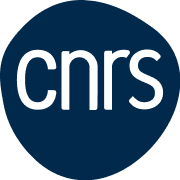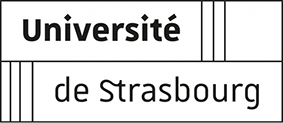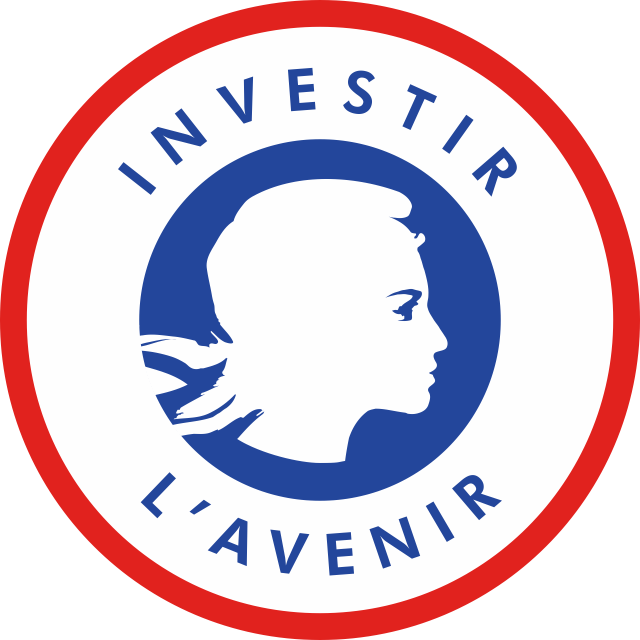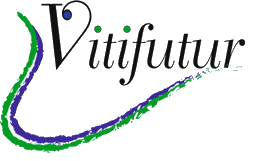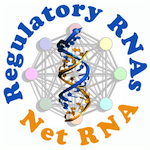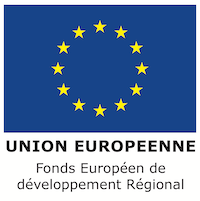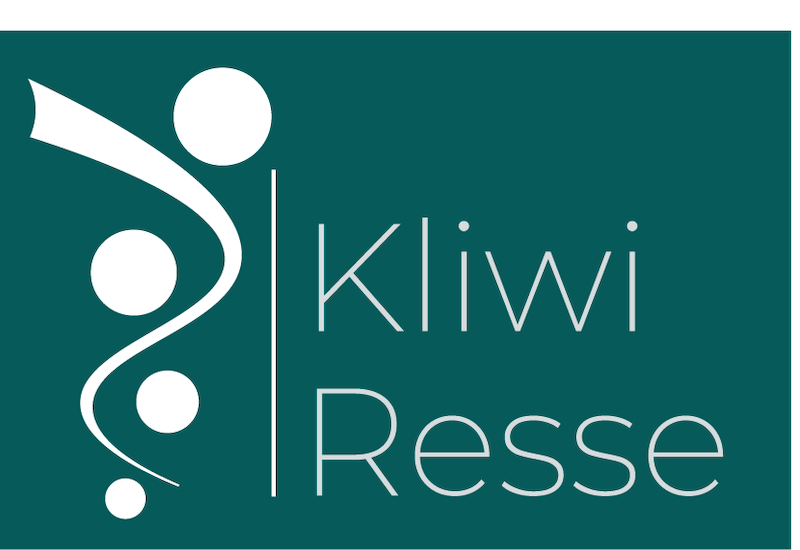Prof. Iain JOHNSTON, Department of Mathematics, Computational Biology Unit, University of Bergen, Norway, hosted by J. Gualberto
Evolution and control of bioenergetic organelles across eukaryotesMitochondria and chloroplasts power complex life. From their endosymbiotic origins, they retain their own genomes, mtDNA and cpDNA. These organelle genomes are highly reduced — most genes for organelle proteins have been transferred to the nucleus, which is a rather safer environment for storing information. So why do organelle genomes retain any genes at all? Why is there substantial diversity in retained gene profiles across eukaryotes? And how do species mitigate against mutational damage in maintaining and transmitting these reduced genomes across generations?I’ll talk about our research attempting to address these questions by combining broader genomic data across eukaryotes, deeper genetic and cell biological characterisation of organelles in model organisms, and integrative modelling and data science. We’ve found support for several “universal” links between (i) genetic and biophysical features and gene retention in both organelles; (ii) the dynamics of environmental demands, ecological niche, and gene retention; and (iii) germline development, subcellular dynamics, and organelle DNA maintenance strategies – and I would be very interested in your thoughts on them!
